In a world first, UK authorities grant regulatory approval for a CRISPR gene therapy targeting sickle cell disease and β-thalassemia.
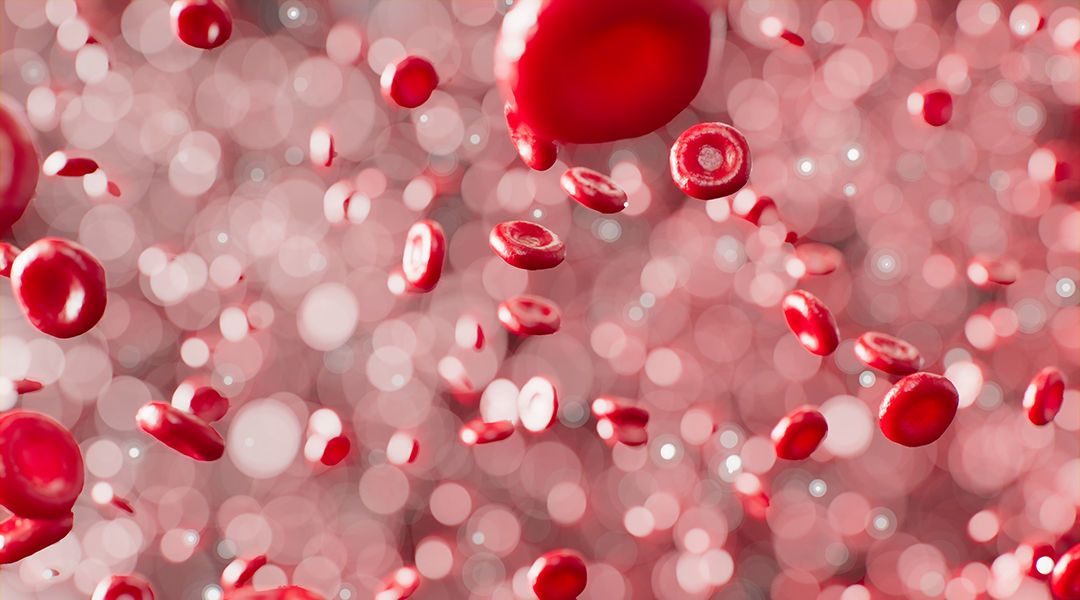

In a world first, UK authorities grant regulatory approval for a CRISPR gene therapy targeting sickle cell disease and β-thalassemia.
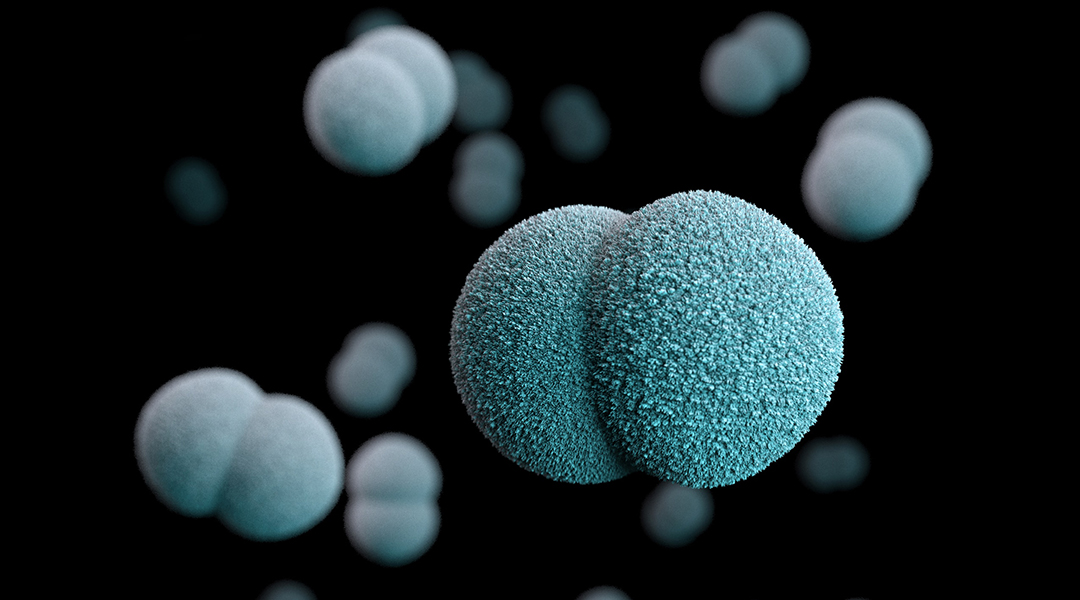
Scientists reveal how antibiotic-resistant genes are spreading around the world, raising concerns about their rapid transmission and the role humans are playing.
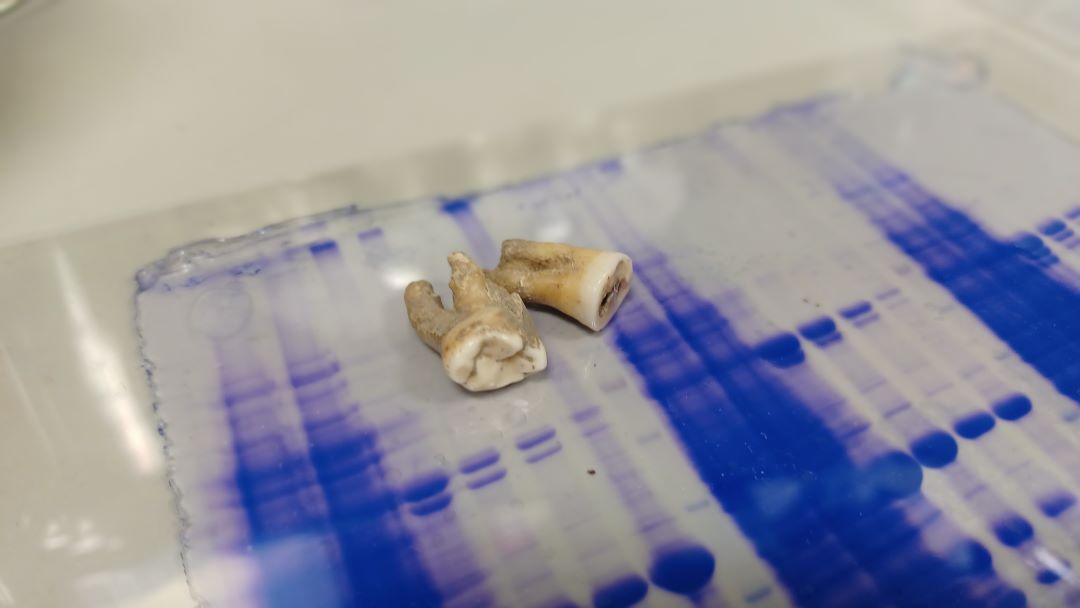
Research teams from the UK have isolated antibodies preserved for 800 years in ancient teeth and found they are still able to bind viruses that infect humans today.

A new AI diagnostic tool uses microbiome data and lifestyle factors to predict risk of multiple diseases, ushering in a new era of personalized healthcare.

Scientists investigate the synergy of entanglement and curved spacetime in advancing quantum radar technology for precise distance measurement.

Scientists explore the challenges facing alternatives to lithium-ion batteries and suggests a roadmap to overcome these obstacles.
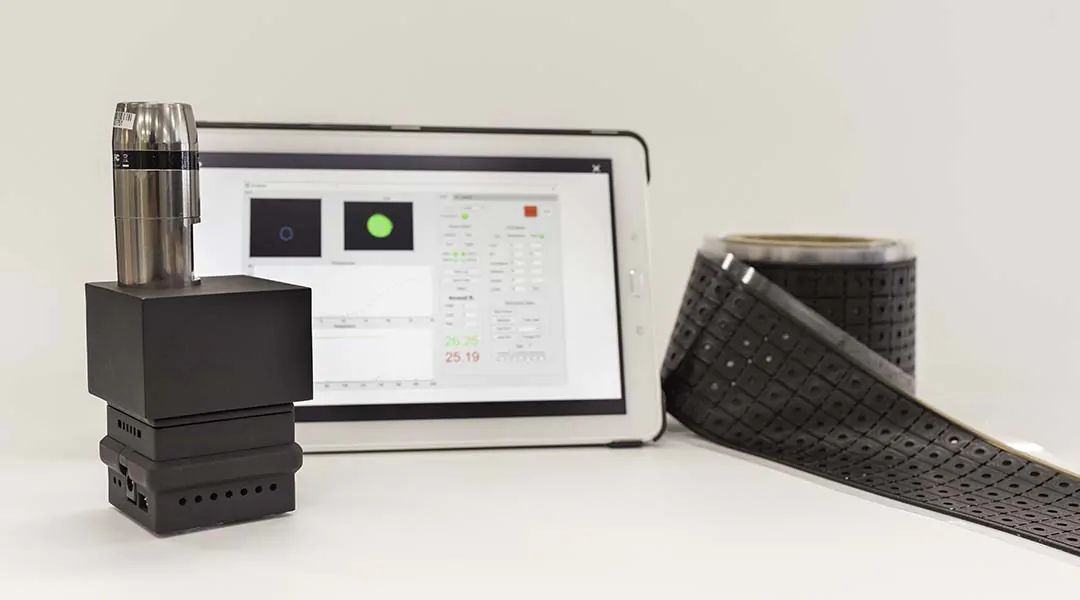
The hand-held device was designed for use by the general public, providing diagnoses in only 15 minutes without the need for appointments and long wait times for results.
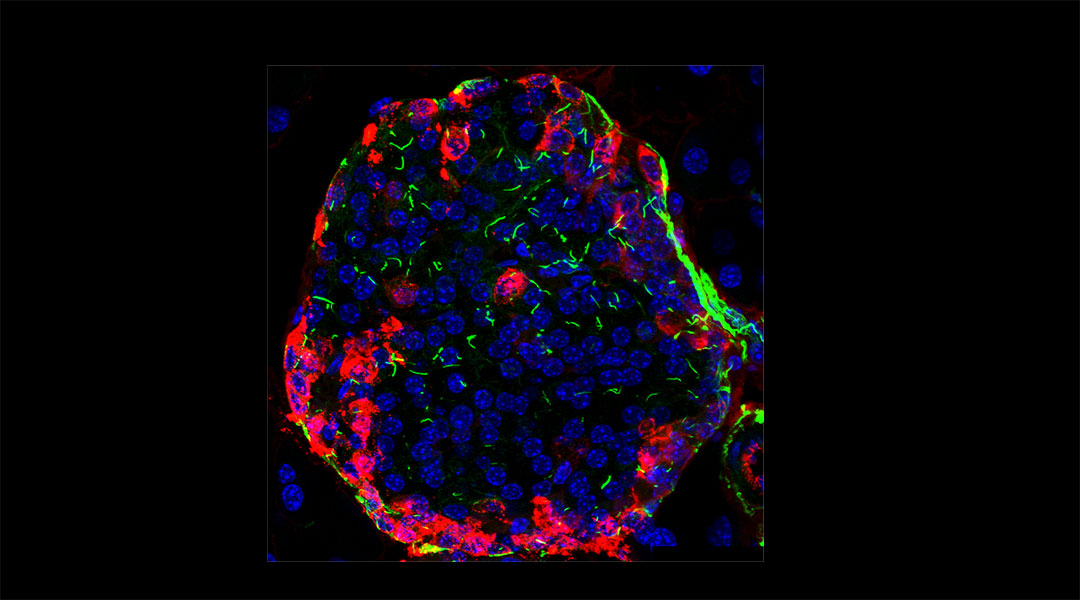
Scientists have linked cilia found on cell surfaces with mechanisms for aging, and they’re hoping to help people live longer healthier lives.

The universe is ringing with gravity, but humanity is only just beginning to hear the nuance of this cosmic symphony.

The brain activities of two people who learn fear from each other are known to be in sync, but what role does social status play?